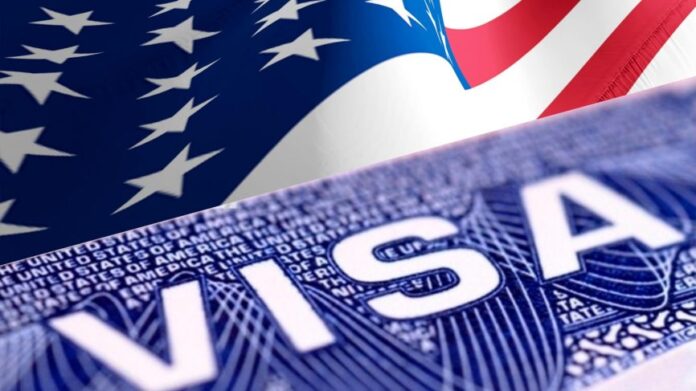US now issues more H-1B visas as courts rule Trump’s action illegal
By Jeph Ajobaju, Chief Copy Editor
Highly skilled foreign nationals have been getting more United States H-1B visas since American courts ruled illegal the restrictions imposed by former President Donald Trump whose racist motive was to stop immigration to Yankee country.
H-1B, a temporary (nonimmigrant) visa category, allows employers to petition for highly educated foreign professionals to work in “specialty occupations” that require at least a bachelor’s degree or the equivalent.
Forbes quotes a new report which shows that H-1B denial rates have returned to pre-Trump levels after court decisions and a legal settlement ended his restrictive policies.
The changes started in the fourth quarter of Full Year 2020 (FY 2020), while Trump was still president, following a legal settlement with the business group ITServe Alliance and judges declaring the Trump administration’s policies unlawful.
The lower denial rates continued through FY 2021 because the Joe Biden administration abided by the legal settlement and did not introduce new restrictions.
__________________________________________________________________
Related articles:
Americans are leaving their jobs in the millions
Nigerians most educated US residents. 14,000 in higher institutions there
US now more diverse, multiracial, as minorities cut 43% in census
__________________________________________________________________
Trump’s unlawful policies
“The denial rate for new H-1B petitions for initial employment in FY 2021 dropped to 4%, far lower than the denial rate of 24% in FY 2018, 21% in FY 2019 and 13% in FY 2020,” according to a new report from the National Foundation for American Policy (NFAP).
“The Trump administration managed to carry out what judges determined to be unlawful policies for nearly four years, and the policies imposed significant costs on employers, visa holders and the U.S. economy, likely contributing to more work and talent moving to other countries.”
H-1B petitions for “initial” employment are for new employment, normally a case for companies that counts against the H-1B annual limit. The FY 2020 denial rate would have been higher if not for the legal settlement.
Court rulings also stopped U.S. Citizenship and Immigration Services (USCIS) from continuing to impose new restrictions on who qualified for an H-1B specialty occupation.
Denial Rate for H-1B Petitions for Initial (New) Employment
| FISCAL YEAR | DENIAL RATE |
| FY 2021 | 4% |
| FY 2020 | 13% |
| FY 2019 | 21% |
| FY 2018 | 24% |
| FY 2017 | 13% |
| FY 2016 | 10% |
| FY 2015 | 6% |
| FY 2014 | 8% |
| FY 2013 | 7% |
| FY 2012 | 5% |
| FY 2011 | 7% |
| FY 2010 | 8% |
Source: USCIS, National Foundation for American Policy. Percentages are rounded off. Data extracted and analyzed from USCIS H-1B Employer Data Hub. Get the data Created with Datawrapper
Trumps anti-immigration approach
The low H-1B denial rates in FY 2021 show the Trump administration’s anti-immigration approach was an aberration.
“NFAP found the denial rates in FY 2021 and FY 2015 to be similar for employers, meaning the Trump years were an aberration due to imposing restrictive policies that courts found to be unlawful,” according to the report.
“For several companies, particularly those that provide information technology (IT) services or other business services to U.S. companies, the denial rate for H-1B petitions for initial employment was far lower in FY 2021 than in FY 2020.”













